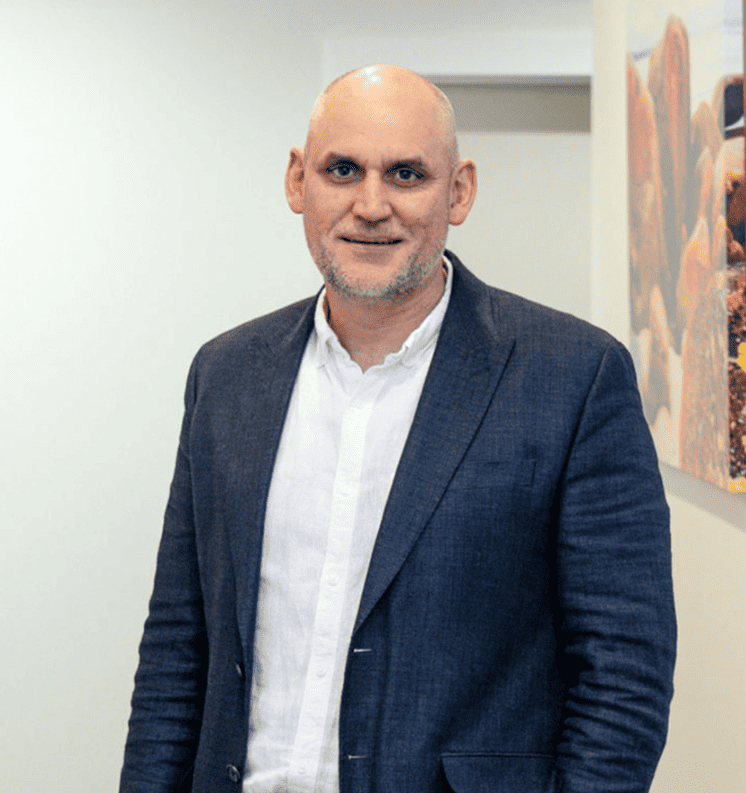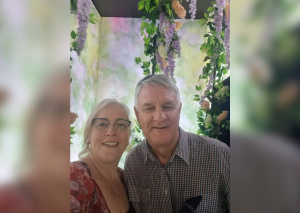Emigrants must take care of their mental health before moving
By Charl Fourie
No one will ever convince me that immigration is easy. I know because I did it. Immigrants often experience challenges in adjusting to their new countries. They have to negotiate a sense of loss and separation from South Africa, their family and friends and at the same time adapt to a completely different environment. This can include people very different from you, all complete strangers, with different habits; also different climates, different food, different radio stations, different accents, different smells, the list can go on.
Moreover, they often have to communicate in a second or third language. Many must redo parts of professional qualifications and start at the bottom after a successful career in South Africa and take a significant financial blow. It is hard to find an expat without at least a few stories of traumatic events that happened to them or their families that drove the emotional side of the immigration process.
Planning the immigration process is no easy task. You have to pick a country, a state, a neighbourhood, get a job, fill out and obtain multiple documents, organise visas, housing, transport, finances, medical aids, pets, and study for the IELTS, to name but a few.
Very few South Africans plan for how they will protect their mental health after arrival.
I would argue that this should be your point of departure when you start the immigration process. You and your family will need a resilient mind and a positive mental state throughout the process. So what can you do? Understand your and your family’s mental health challenges before you leave. Get a professional to help if necessary. Get treatment if needed. If you are worried that your mental health might harm your chances to meet visa requirements, discuss it with your immigration agent. Most countries are only concerned about conditions that are likely to threaten public health, result in significant healthcare and community service costs, or place a demand on healthcare or community services in short supply.
My main aim with this article is to help you put contingency plans in place after you arrive in your new country. It will challenge your mental health. There will be good surprises and nasty surprises in your new country. When you arrive, do the basics right: eat well, exercise, and establish a healthy sleeping pattern as fast as possible. Make sure that you identify potential friends/social supports long before you leave South Africa. Social media, especially Facebook, is a great starting point to make these connections. Expats will know what you are going through, and you will be amazed by their willingness to assist you and your family. Make friends with families who have children approximately the same age as your own. Again, try to do this before you leave, and let the children also connect with potential friends online. Try to also make friends with individuals that belong to the culture and community you are joining. They are crucial in helping you to fit into your new environment. Join a club, a church or a community group as soon as you can after your arrival. These groups can provide excellent emotional support. Try to identify a medical support team as quickly as possible after your arrival.
Make sure that you also identify mental health practitioners. I live in Australia, and mental health issues do not carry the stigma they used to have when I was still in South Africa many years ago.
I know that mental health issues are also not stigmatised in New Zealand, the USA, the UK, and Europe. No one in these countries will look at you differently if you see a psychologist. Make sure that you know the helpline/lifeline phone number for your new country or state. If your children are old enough, give it to them too. Let those who will be caring for or working with your children in your new country know that you are immigrants and that they should please help you to keep an eye on their mental health.
If you need medication for your mental health legally prescribed by a registered medical professional, take it with you when you move to your new country. Ask your immigration lawyer for advice and help you understand your new country’s laws as far as therapeutic goods administration is concerned. Most countries will allow you to – for prescription medicines – bring up to a 3-month supply with you. Always carry a prescription or letter from your doctor with you when you enter the country. The prescription or letter should usually outline what you are taking and how much you are bringing with you. Check what medicines need to be declared at the border at your new country’s Department of Home Affairs website. You must declare any medicines which may be subject to abuse or misuse. If you are uncertain, ask your immigration lawyer.
Remember, you are never alone, and reach out when you need help. You will be pleasantly surprised by the love and care around you in your new country.

Charl Fourie – Clinical Psychologist
Windsor Allied Health
Tasmania, Australia
Contact Windsor Allied Health
Click here to visit Windsor Allies Health’s website.
Click here for Windsor Allied Health on AfriForum Worldwide’s World Guide
Photo: ashley-batz -unsplash




















